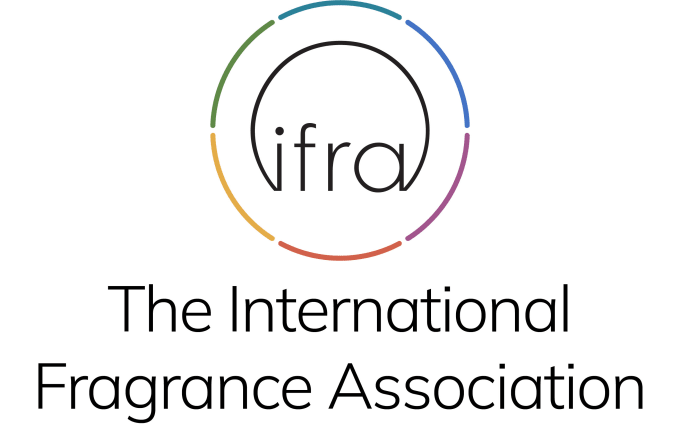
Photo credits: ScenTree SAS
| Company | Ingredient Name | ID | Comments | Naturality | Certifications | Purity | Latin name | Treated part | Geographical origin | MOQ |
|---|---|---|---|---|---|---|---|---|---|---|
|
|
Peonile® - 30gr | - |
Visit website
|
- | - | - | - | - | - |
General Presentation
-
CAS N° : 10461-98-0
-
EINECS number : 423-740-1
-
FEMA number : Donnée indisponible.
-
FLAVIS number : Donnée indisponible.
-
JECFA number : Donnée indisponible.
-
Appearance : Colorless liquid
-
Density : 1,03
-
Volatility : Base
-
Price Range : €€€
Physico-chemical properties
-
Molecular formula : C14H15N
-
Molecular Weight : 197,28 g/mol
-
Log P : 4
-
Fusion Point : 27°C
-
Boiling Point : 305°C
-
Detection Threshold : Donnée indisponible.
-
Optical rotation : Donnée indisponible
-
Vapor pressure : Donnée indisponible
-
Refractive Index @20°C : Donnée indisponible
-
Acid Value : Donnée indisponible.
-
Flash Point : >93°C
Uses
Uses in perfumery :
Peonile® is used in fougere, hesperidic and floral compositions, to bring a geranium nuance. It brings tenacity to functional compositions, over all in fabric care bases.
Year of discovery :
1923
Natural availability :
Peonile® is not found in nature. It is thus impossible to obtain it on a natural state.
Isomerism :
Peonile® does not have any isomer used in pefumery.
Synthesis precursor :
Peonile® is not a precursor for the synthesis of another compound of olfactive interest.
Synthesis route :
Peonile® is obtained in one single step, using phenylacetonitrile and cyclohexanone, by forming an azeotrope (this means that they can mix on a vapour state, by heating the reaction medium). This reaction is done under alkaline conditions, and leads to the formation of water.
Regulations & IFRA
Allergens :
This ingredient does not contain any allergen.
IFRA 51th :
This ingredient is restricted by the 51th amendment
- Quantitative limit on the use :
-
Cat.1 Cat.2 Cat.3 Cat.4 Cat.5A B C DCat.6 0,052 % 0,027 % 0,47 % 0,52 % 0,13 % 0,13 % 0,13 % 0,043 %0,052 % Cat.5A B C DCat.6 0,13 % 0,13 % 0,13 % 0,043 %0,052 % Cat.7A BCat.8 Cat.9 Cat.10A BCat.11A BCat.12 0,94 % 0,94 %0,043 % 1,0 % 2,9 % 3,6 %0,043 % 0,043 %No restriction Cat.10A BCat.11A BCat.12 2,9 % 3,6 %0,043 % 0,043 %No restriction



